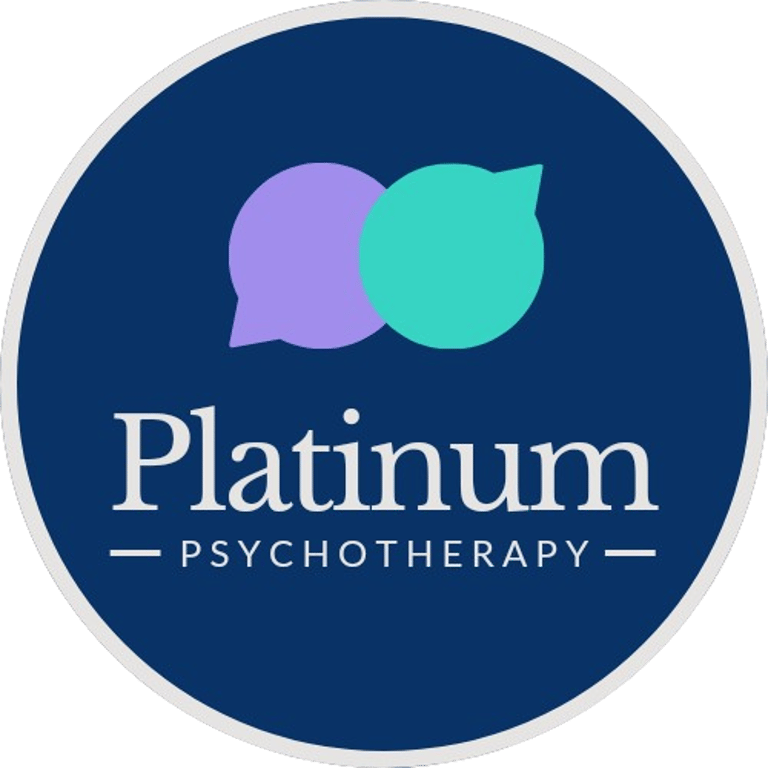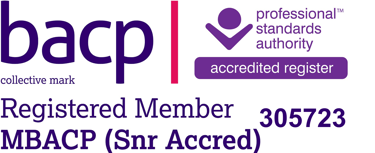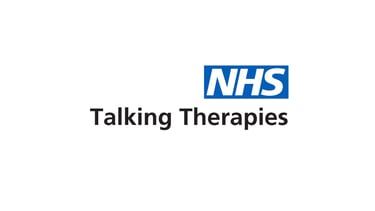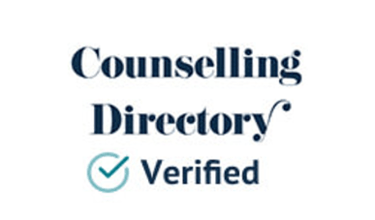Late-Diagnosed ADHD
Grieving the Missed Years - Finding your way after a diagnosis you didn’t see coming


Late-Diagnosed ADHD: Grieving the Missed Years
Finding your way after a diagnosis you didn’t see coming
For many adults, receiving an ADHD diagnosis later in life can feel like turning on a light in a room you didn’t know was dark. Suddenly, things begin to make sense — the school struggles, the “underachieving”, the burnout, the forgetfulness, the overwhelm, the feeling of being “too much” and “not enough” at the same time.
But alongside that clarity often comes something unexpected: grief.
At Platinum Psychotherapy, I work with many late-diagnosed neurodivergent adults. One of the most tender and complex parts of that journey is making space for what I call the grief of the missed years.
What is “late-diagnosed” ADHD?
“Late-diagnosed” ADHD usually refers to receiving a diagnosis in adulthood — often in your 30s, 40s, 50s or beyond. Many people, especially women and marginalised genders, fly under the radar due to internalised symptoms, masking, or being labelled as anxious, moody, or disorganised rather than supported.
The realisation often comes after burnout, during therapy, or after recognising yourself in someone else's story — sometimes your child’s.
The grief that comes after diagnosis
It’s common to expect relief after a diagnosis — and that’s often part of it. But for many people, it’s followed closely by sadness, anger, and even deep mourning.
You might find yourself grieving:
The years spent struggling without support
Relationships that broke down due to misunderstood behaviour
An education system that didn’t see your potential
Being punished for things that were never your fault
Lost confidence, self-esteem, or sense of identity
It’s not unusual to think: “What could my life have been if I’d known sooner?
Therapy can help you name and process the loss
Grief around late-diagnosed ADHD is very real, and it deserves to be held with compassion. In therapy, we can:
Make space for the sadness, anger, and regret without rushing to “fix” it
Reclaim your narrative — seeing yourself through a neurodivergent-affirming lens
Understand past experiences in a new, more self-compassionate way
Build new strategies based on how your brain actually works — not how you were taught it should
We may also gently explore the impact of rejection sensitivity, internalised shame, and masking, which are often part of the ADHD experience, especially when undiagnosed
You are not broken — your needs were just never met
This is a core belief in my practice. Many ADHDers have learned to carry blame that was never theirs to hold. Therapy isn’t about labelling or changing you — it’s about understanding yourself and finding ways to live that feel sustainable, joyful, and safe.
Whether you’re newly diagnosed, self-identifying, or still figuring things out — you are welcome here. I offer affirming, down-to-earth support for adults with ADHD and those exploring their neurodivergence. Sessions are led by your needs, not a one-size-fits-all model — and we work together at your pace.
You're not too late. You're just beginning a new chapter — and grieving the past is part of making peace with your story.
Get in touch today if you'd like to explore therapy that truly sees you.
Specialising in late-diagnosed ADHD and emotional wellbeing






